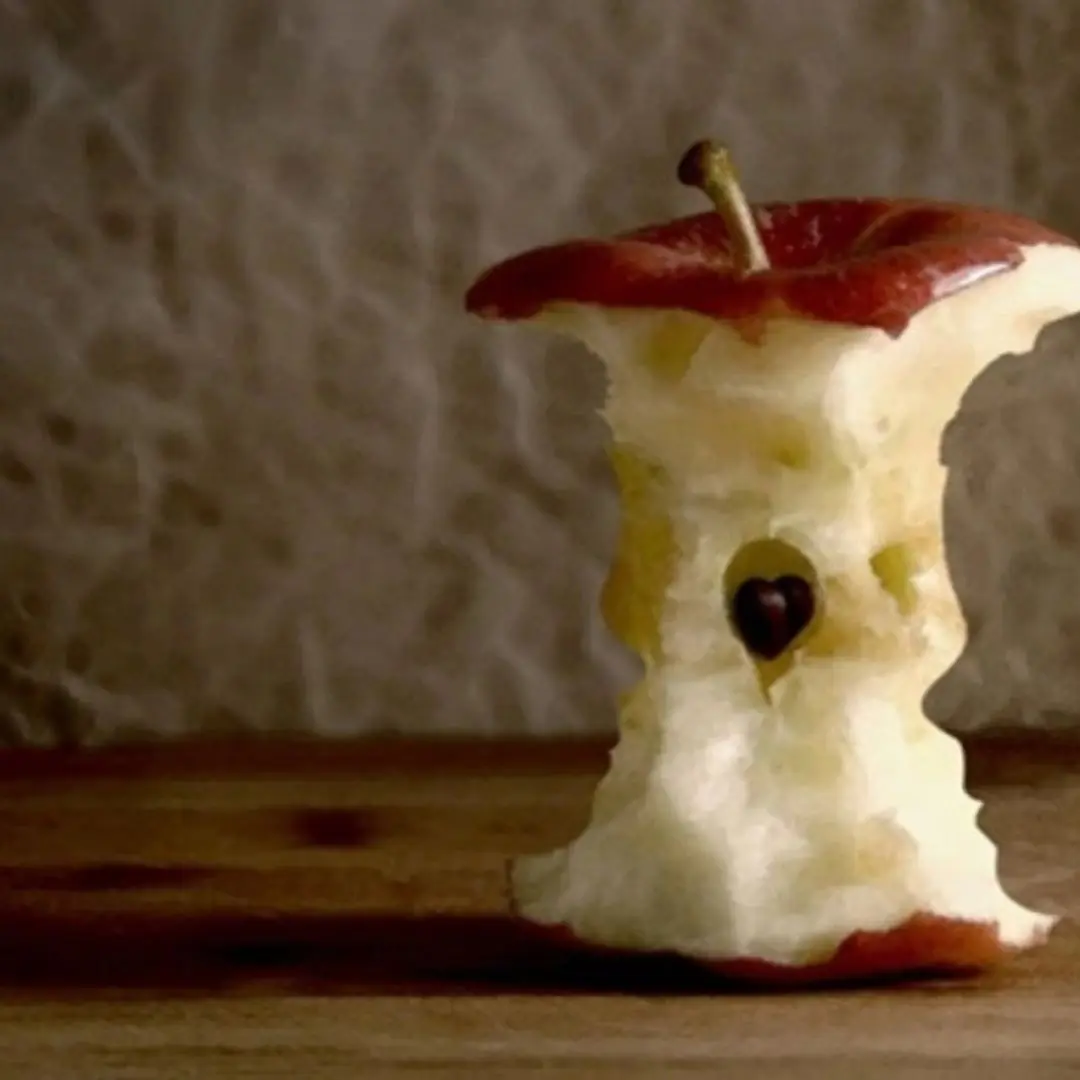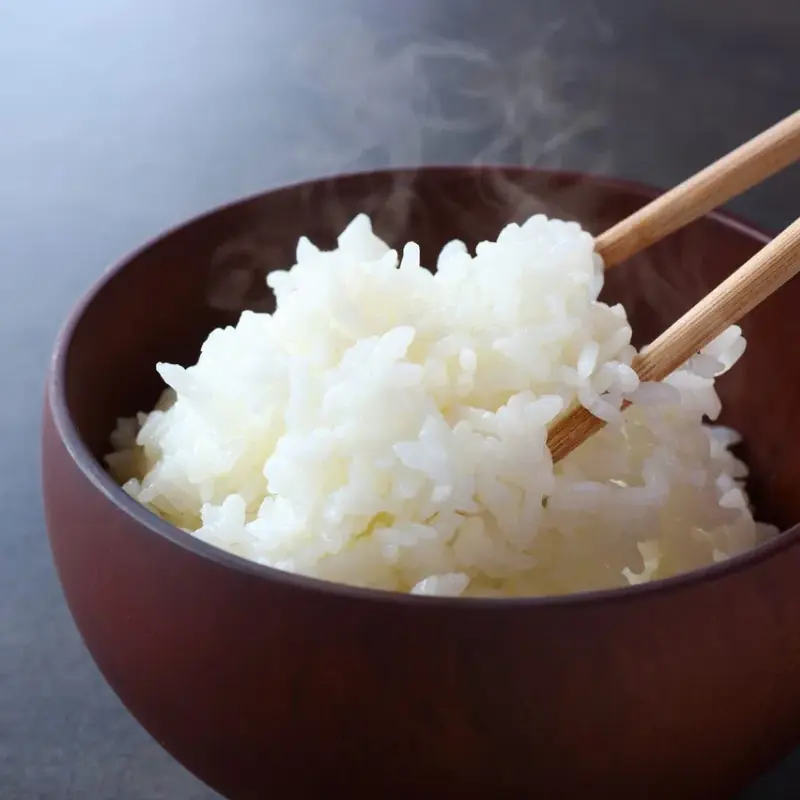
9 “Clean” Habits That Are Actually Super Unhygienic
9 “Clean” Habits That Are Actually Super Unhygienic — No Wonder They Lead to Illness
Some cleaning habits seem totally reasonable but might actually be spreading germs and bacteria without you even realizing it. The more you clean, the dirtier it may get — and even worse, it can harm your health. Here are 9 common cleaning habits that seem smart but are surprisingly wrong: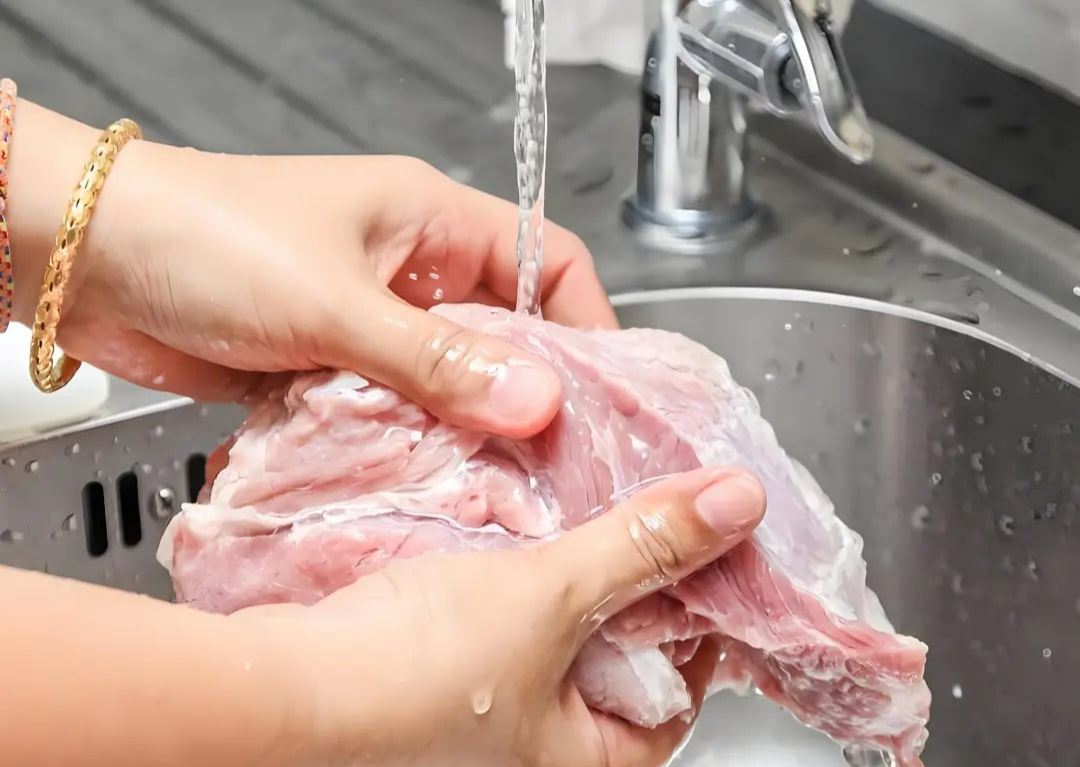
1. Washing Raw Meat Under Running Water
It might seem hygienic to rinse fresh meat under a tap, but doing so actually spreads bacteria all over your sink, countertops, and nearby utensils through water splashes.
Better way: Soak the meat in a large bowl with clean water and a bit of salt, which has mild antibacterial properties. Then transfer the meat to a clean bowl and thoroughly wash all tools and surfaces that came into contact with the raw meat.
2. Using One Cleaning Rag for the Entire House
Using a single cloth to wipe the dining table, kitchen counters, and sink is a huge hygiene mistake. A single rag can hold billions of bacteria, and using it across different surfaces only spreads them.
Better way: Use separate cloths for each area — one for the kitchen, one for the dining table, and another for dishwashing. Soak the cloths every few days in hot water with salt or mild alkaline solution, and dry them in the sun. Replace them every 3 months, or use disposable wipes if you're short on time.
3. Wiping Fruit with Wet Tissues Before Eating
Quickly wiping fruit with a wet tissue before eating might feel convenient, but it’s not enough to remove pesticides or deep-seated dirt.
Better way: Rinse fruit under running water for at least 30 seconds, then soak in diluted salt water for a few minutes before rinsing again.
4. Using Plastic Table Covers for Easy Cleaning
Plastic table covers are popular because they seem easy to clean and keep the table tidy. But over time, they collect dust, grease, and mold — especially if not cleaned properly. Worse, low-quality PVC plastics can leach toxins into food.
Better way: Use washable cloth table covers or keep the surface bare with natural wood for safer dining.
5. Covering Leftovers with Mesh Food Covers
Mesh covers may block flies but still pose risks. Flies can land on the mesh and leave eggs or larvae that drop into the food. Plus, these covers are rarely washed, allowing bacteria to build up.
Better way: Store food in containers with lids or cover with food-safe wrap for better hygiene.
6. Pouring Boiling Water Over Old Chopsticks to Clean Them
While boiling water can kill bacteria, it doesn't work well on old wooden chopsticks with cracks or mold, especially after 5–6 months of use. Some molds are heat-resistant and survive boiling.
Better way: Replace chopsticks every 4–6 months, especially if you see black spots, warping, or detect a strange smell.
7. Just Sun-Drying Pillowcases Once a Month
Many people keep pillows for years, only changing and sun-drying the pillowcase — but that’s not enough. Sweat, oil, and dead skin cells accumulate in the pillow core, which can harbor bacteria and mold that sun-drying can’t fully eliminate.
Better way: Replace pillow inserts at least once a year. Choose memory foam or synthetic fill over cotton or down to reduce dust mites and mold.
8. Daily Washing of Thermos Bottles but Using for Years
Even if you wash your thermos daily, scratched interiors or metallic smells signal it’s time to toss it. Damaged stainless steel can leach heavy metals like nickel or chromium into water. The rubber seal on the lid can also harbor grime if not cleaned properly.
Better way: Replace your thermos regularly and clean every part, especially rubber seals.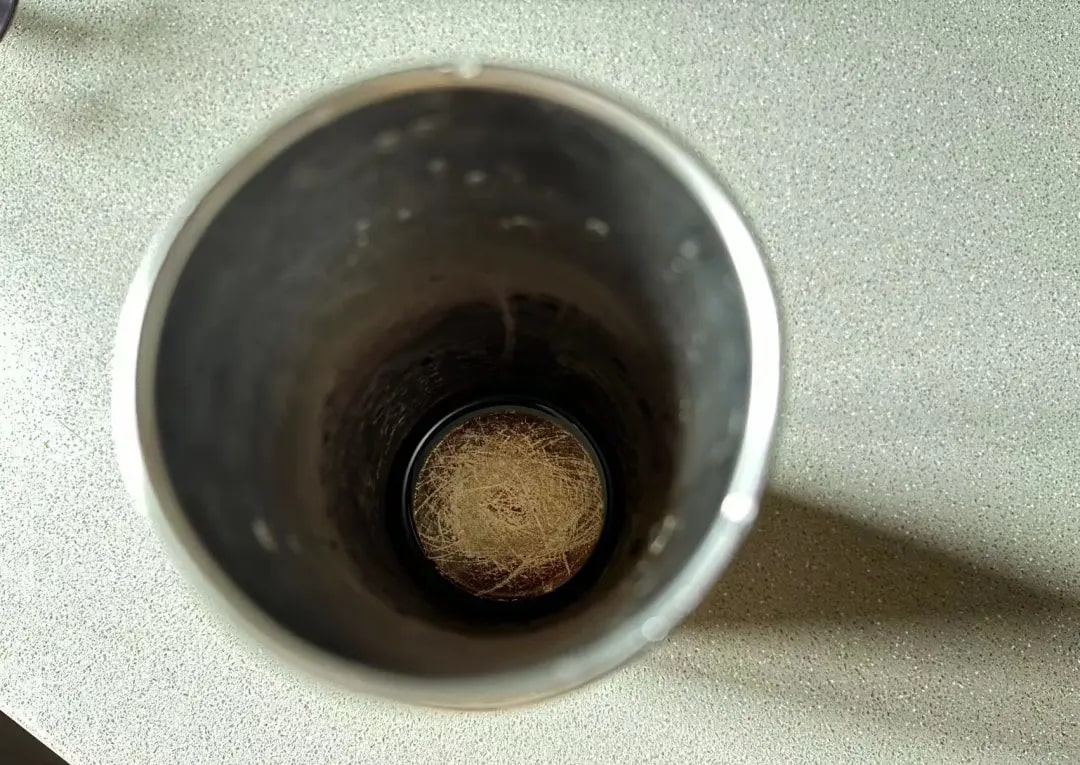
9. Regular Handwashing but Never Washing the Towel
Many homes hang a single hand towel in the kitchen or bathroom for weeks without washing it. Damp environments make towels a breeding ground for mold and bacteria. So even after washing your hands, drying them on a dirty towel negates the effort.
Better way: Wash hand towels weekly and sun-dry them. For best hygiene, replace them every month.
These seemingly innocent habits can quietly invite bacteria and illness into your home. It's time to clean smarter — not just harder.
News in the same category


Helped Uncle Treat Can.cer but Received a Mysterious Bag in Return

Woman drank 8 limes daily to detox—paid the price for trusting social media advice
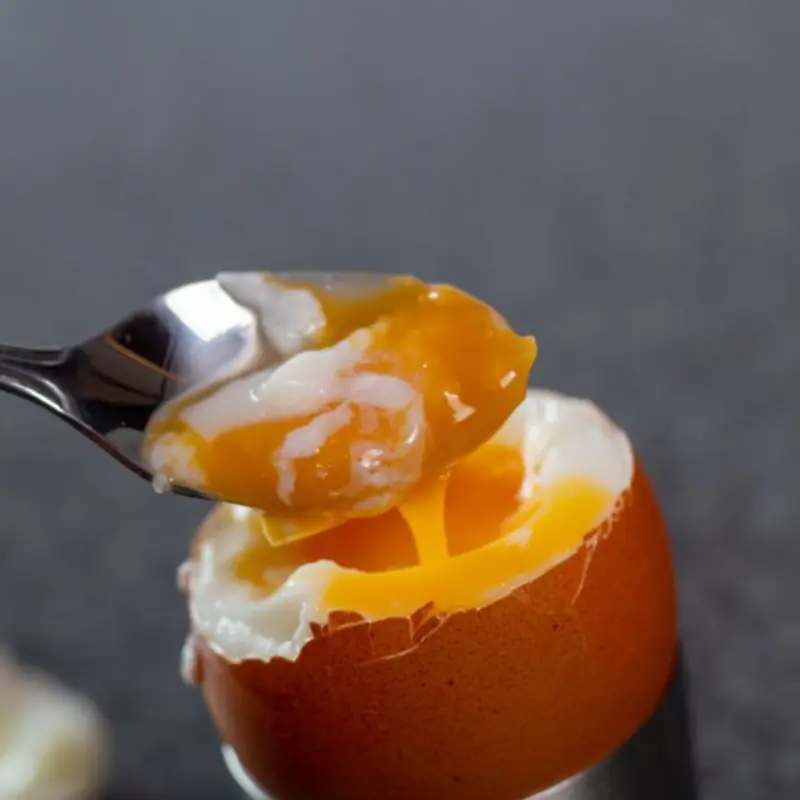
Is Eating Soft-Boiled Eggs More Beneficial Than Fully Cooked Eggs?

10 Juicing Mistakes to Avoid at Home: Boost Your Health the Right Way
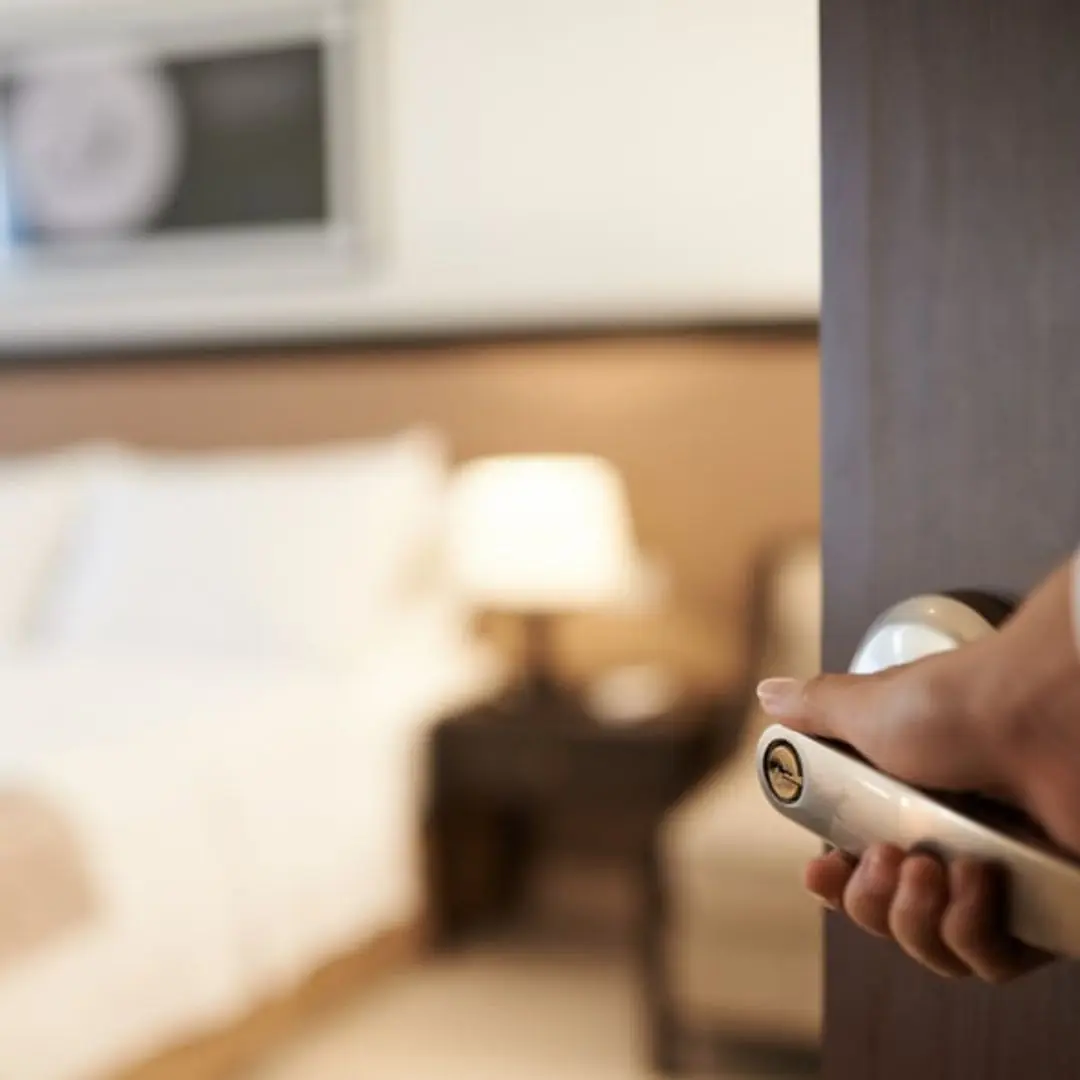
Why do hotels usually let guests check in at 2pm and check out at 12pm?
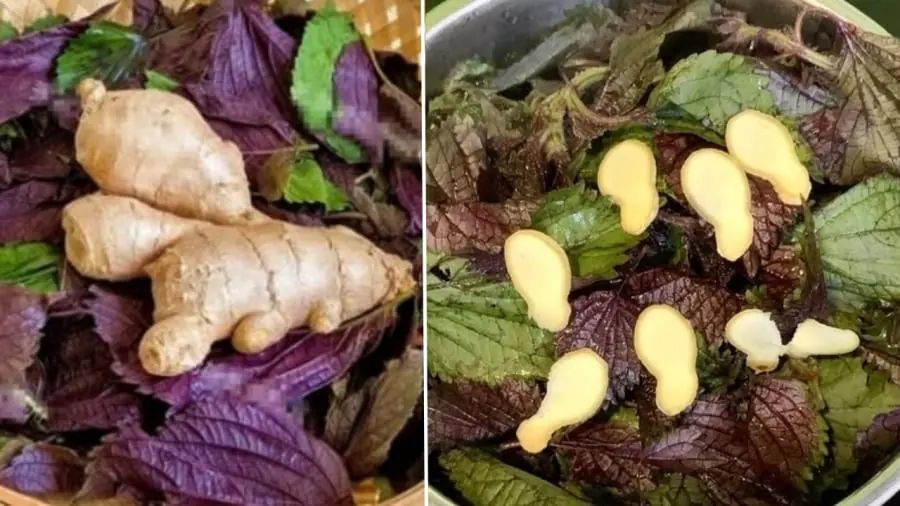
Drinking Perilla Leaf and Ginger Tea Is Better Than Any Tonic

Can the emergency exit door open while flying? — Little-known fact

A girl in Brazil was found to have 81 teeth in her mouth
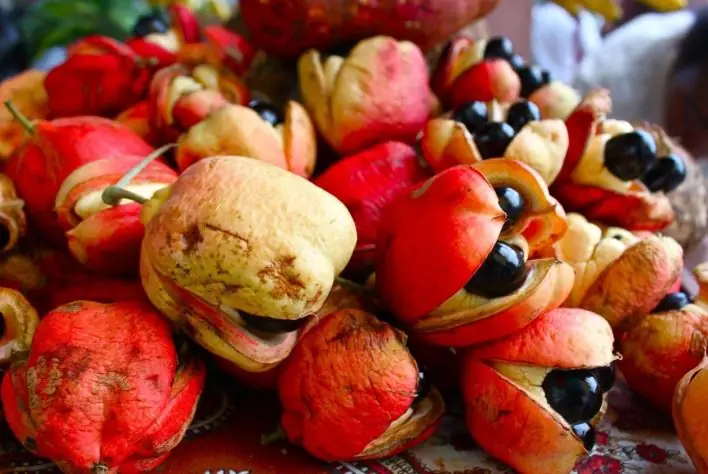
The most dangerous foods in the world

Dubbed “The Scariest Photograph Ever Taken”
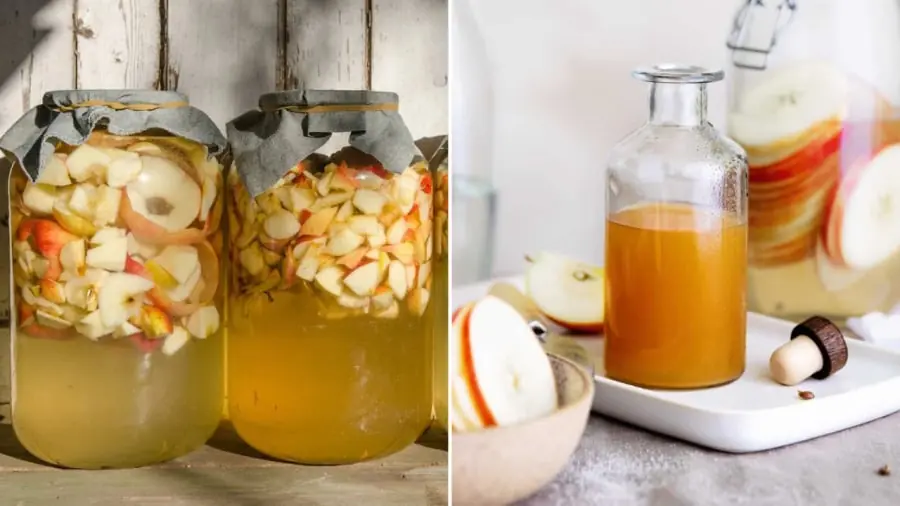
DIY Apple Cider Vinegar: Cheap, Delicious, and Safe to Make at Home
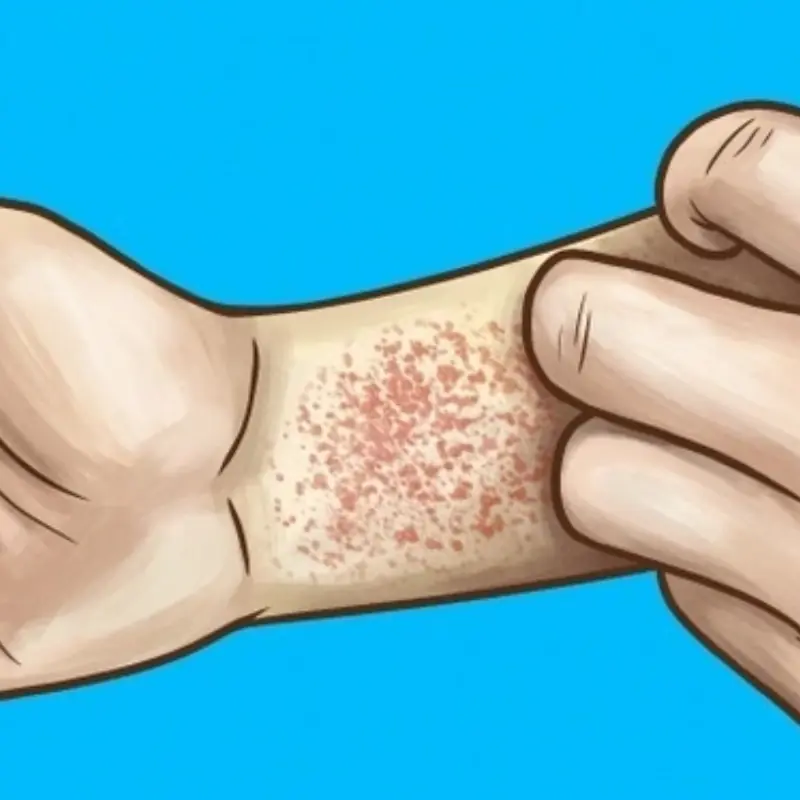
5 Warning Signs of Severe Lu.pus
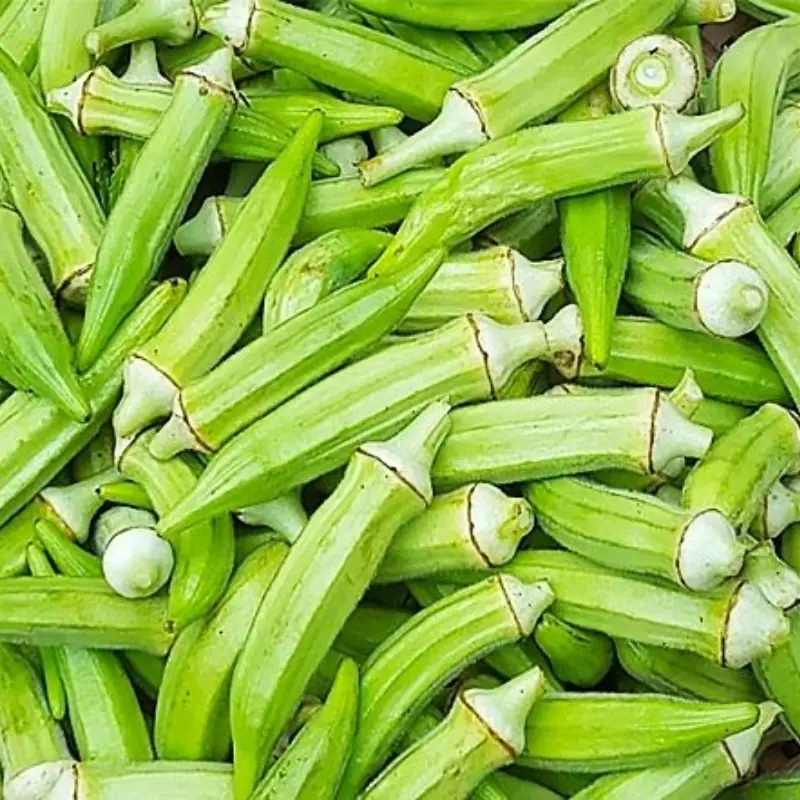
Okra Looks Healthy, But It May Be Off-Limits for These 3 Groups of People
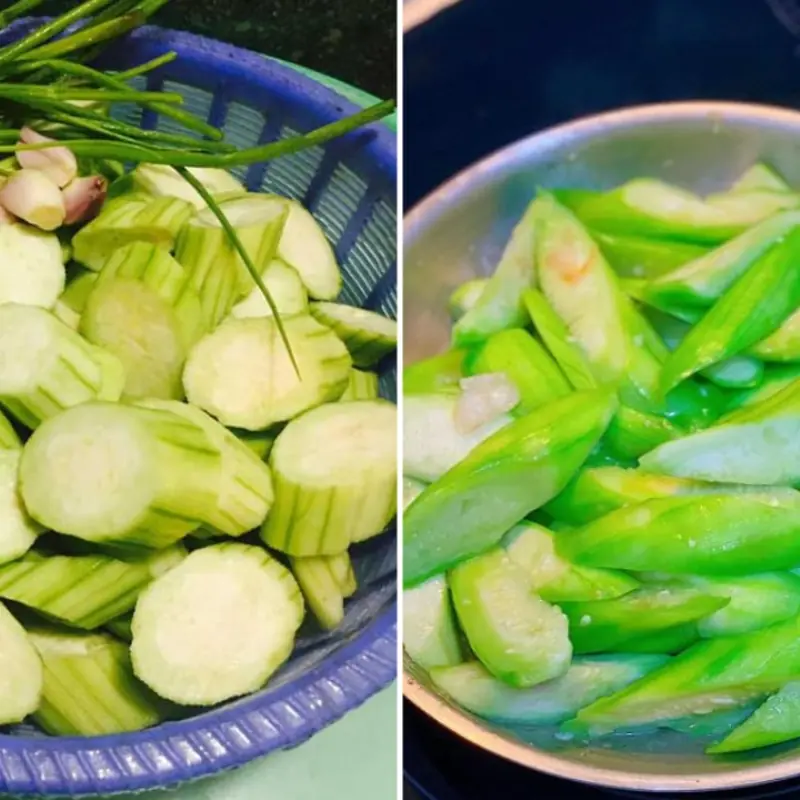
5 Bitter Vegetables That May Harm Your Liver If Overconsumed
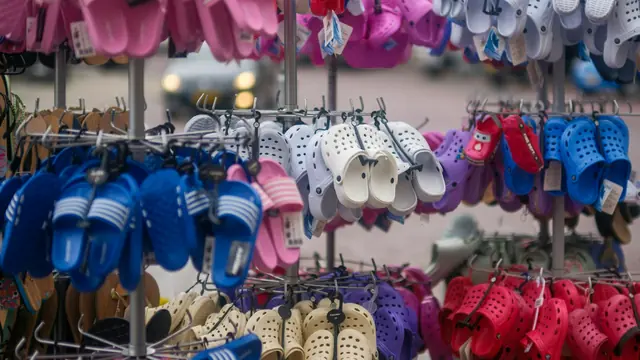
This type of "pois,onous sandal" can cause early puberty in children, but many parents still buy it for their children to wear!

Why There’s a Tiny Hole in Airplane Windows And Why It’s So Important
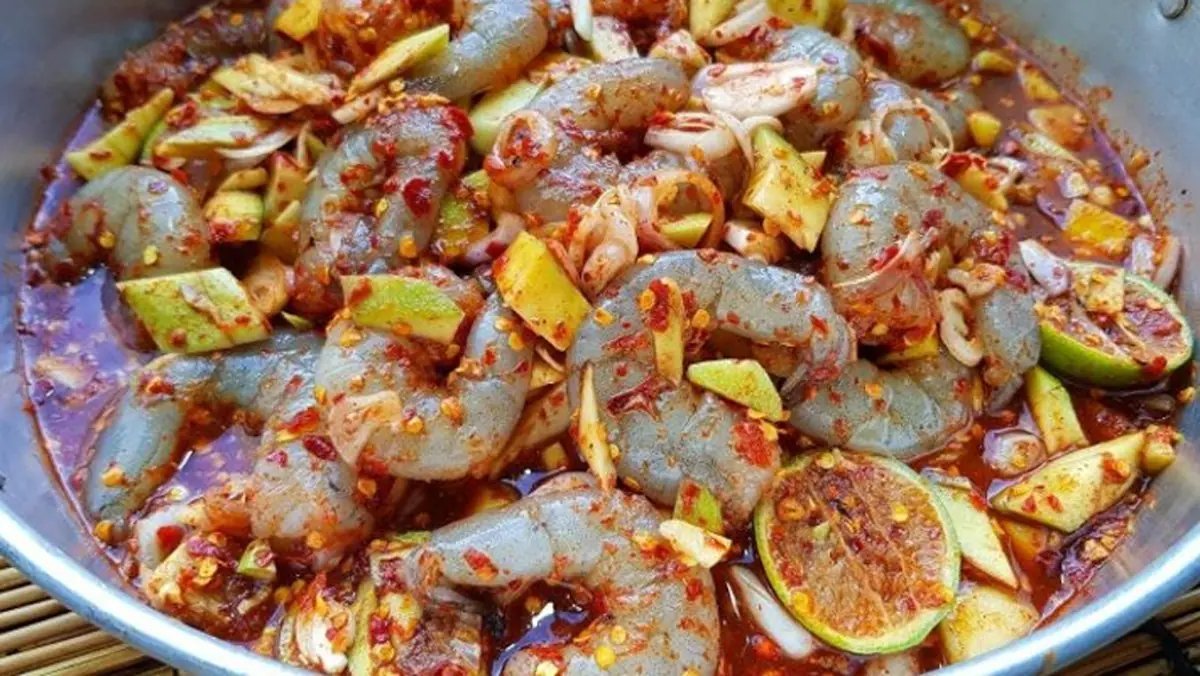
Shrimp – The Silent Kil.ler for People with These Health Conditions!
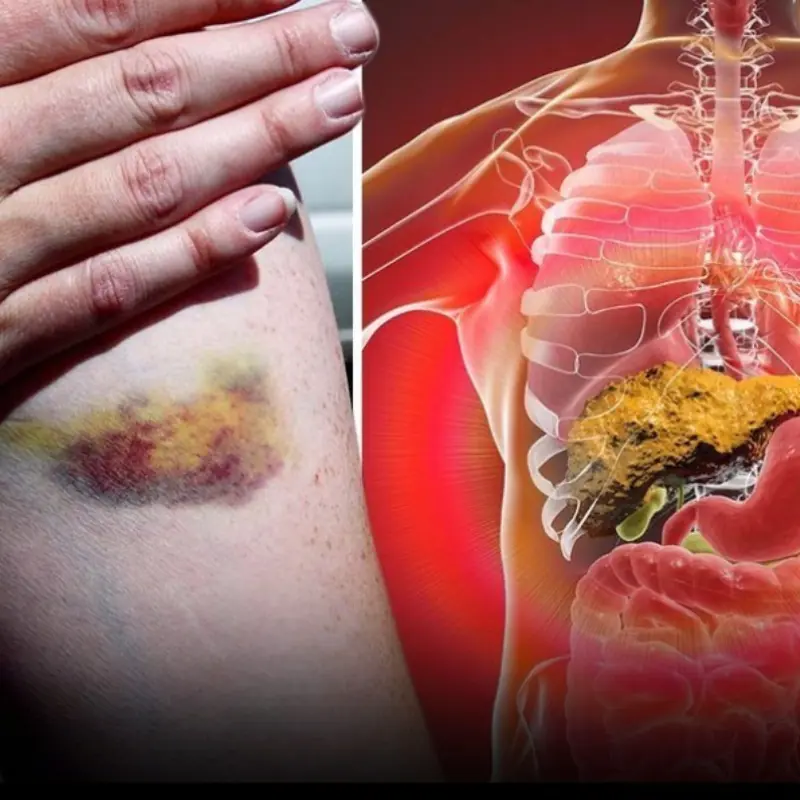
Warning Signs of an Unhealthy Liver: Watch for '3 Yellows and 1 Red'
News Post
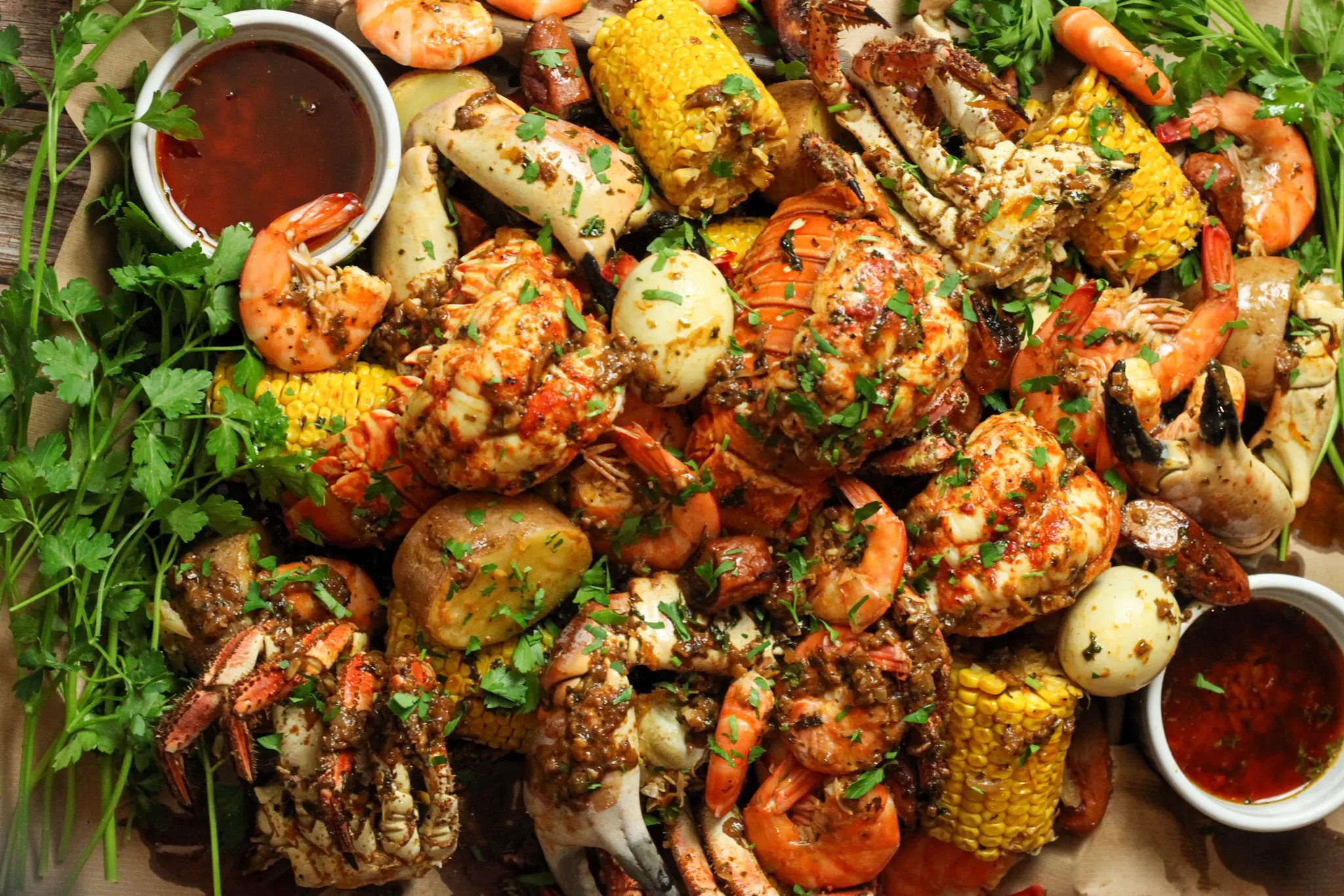
4 Common Mistakes When Eating Seafood That Could Land You in the Hospital
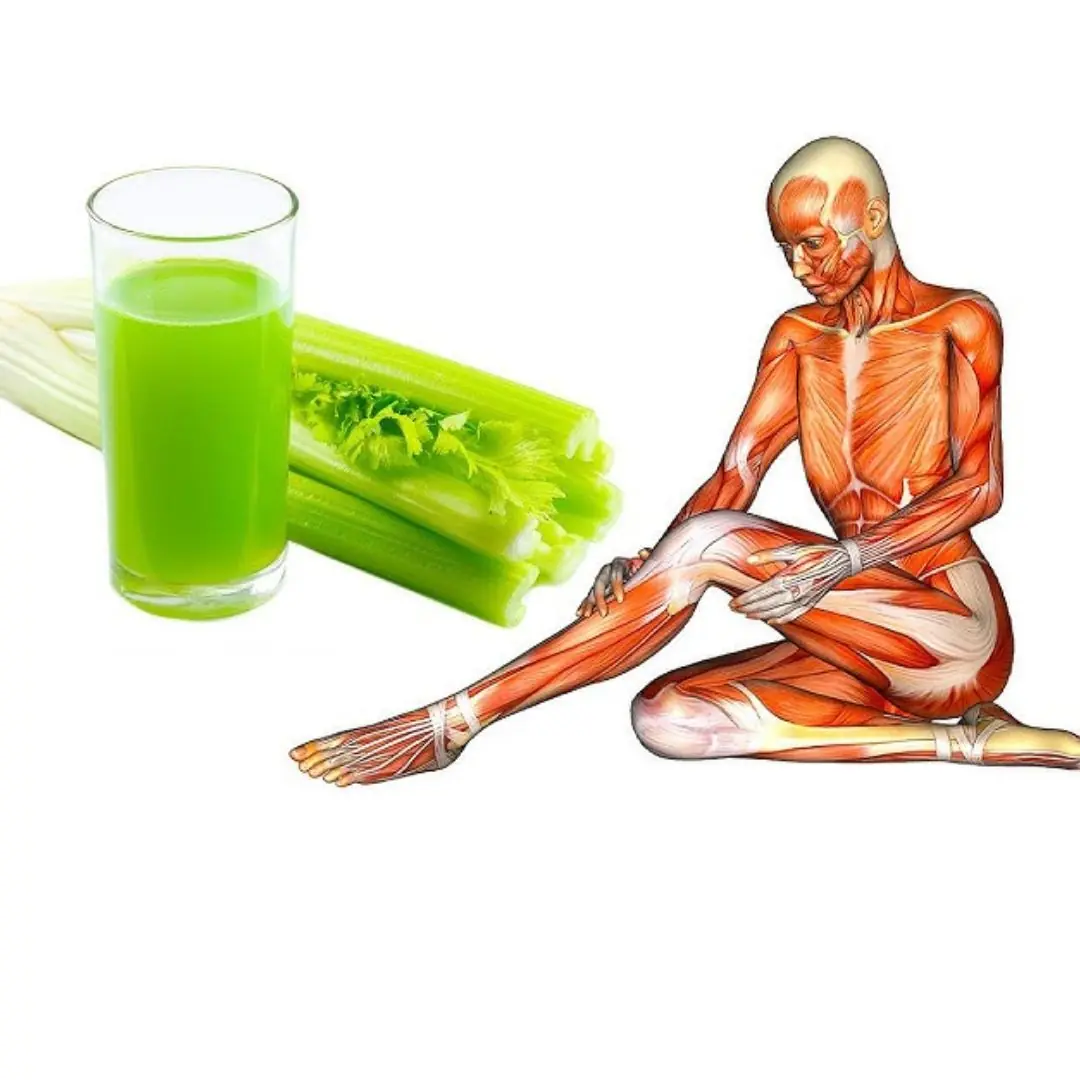
Boost Hydration and Fight Free Radicals: Enjoy a Daily Glass of Celery Juice

He Ignored the Signs, Thinking It Was a Ca.n.ker Sor.e—Now His T.o.n.gue Is Gone!

Couple suffers heart and liver d.a.m.age... after eating white mushrooms
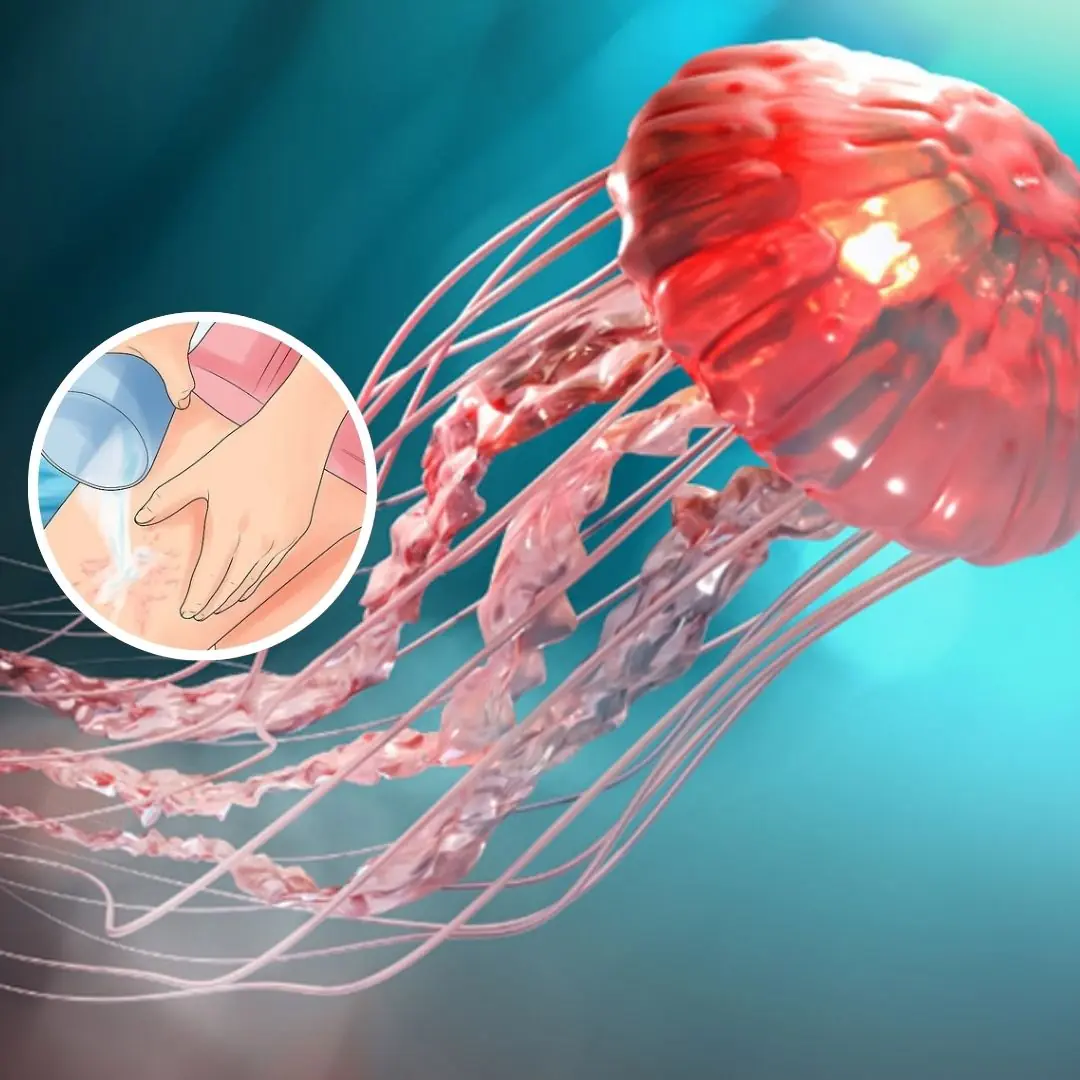
First Aid for Jellyfish Stings: What Science Says You Should (and Shouldn’t) Do
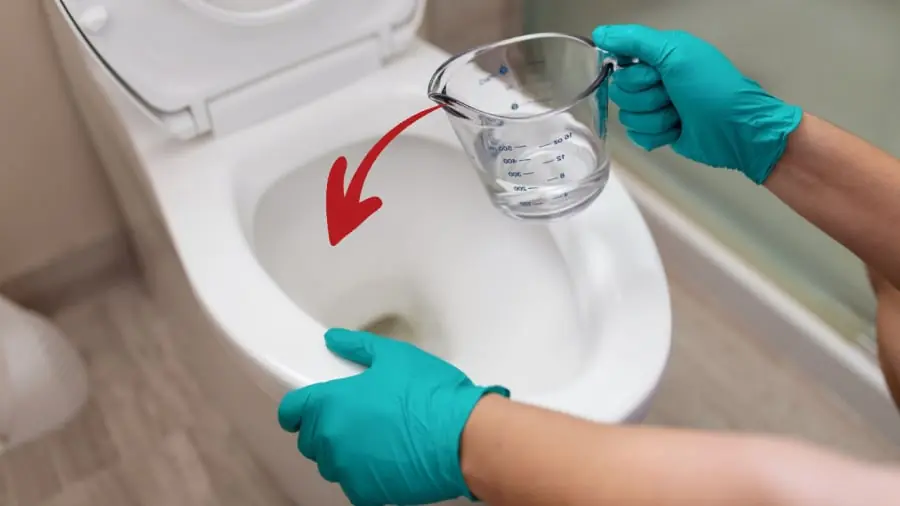
Pouring Hot Vinegar Into the Toilet May Seem Wasteful

Health Warning! Peeing in the shower can severely harm your bladder and pelvic health

Experts Reveal: The Real Carb Bomb Isn’t White Rice
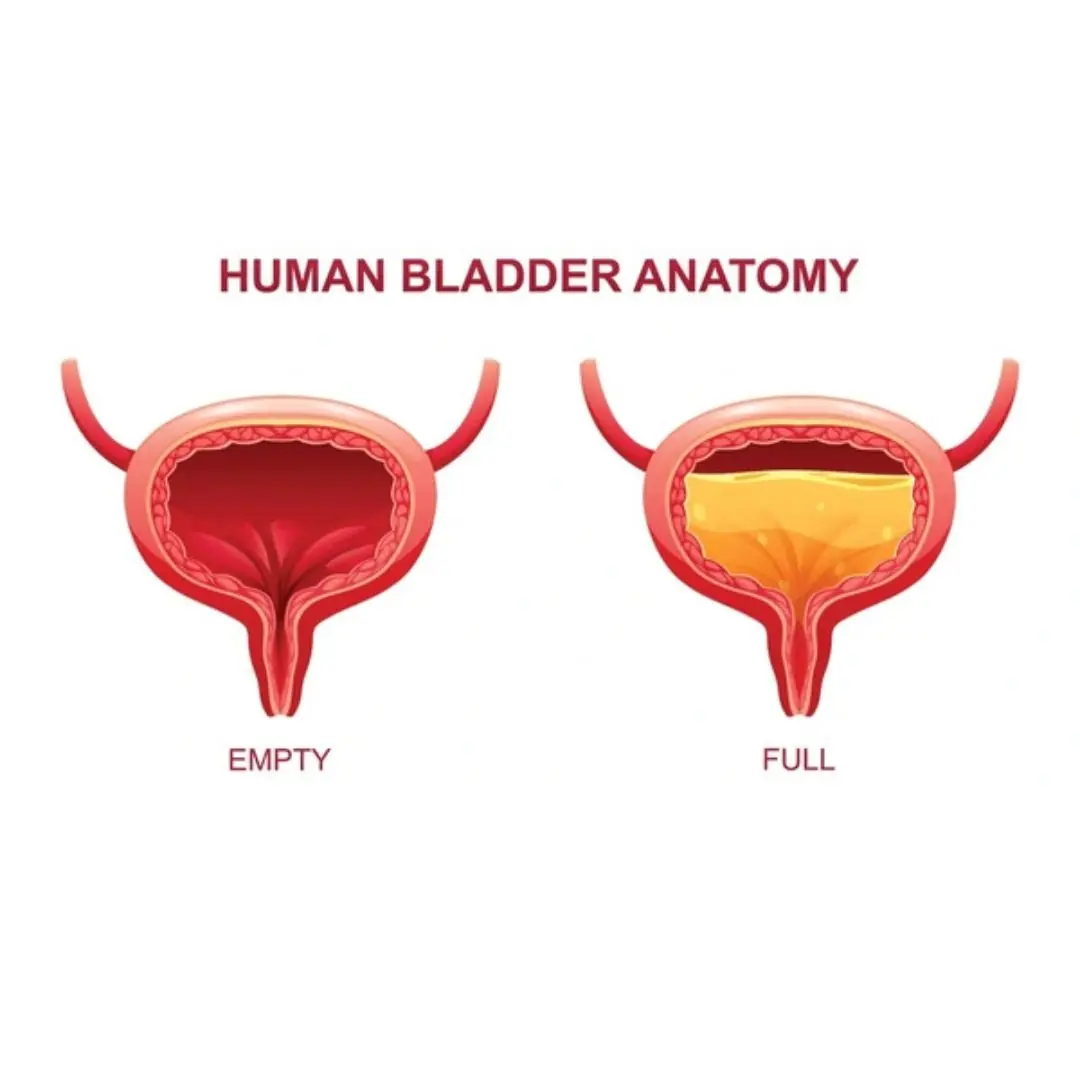
Top 7 Foods To Protect Your Bladder — Plus 7 You’d Better Avoid

Helped Uncle Treat Can.cer but Received a Mysterious Bag in Return

Woman drank 8 limes daily to detox—paid the price for trusting social media advice

Is Eating Soft-Boiled Eggs More Beneficial Than Fully Cooked Eggs?
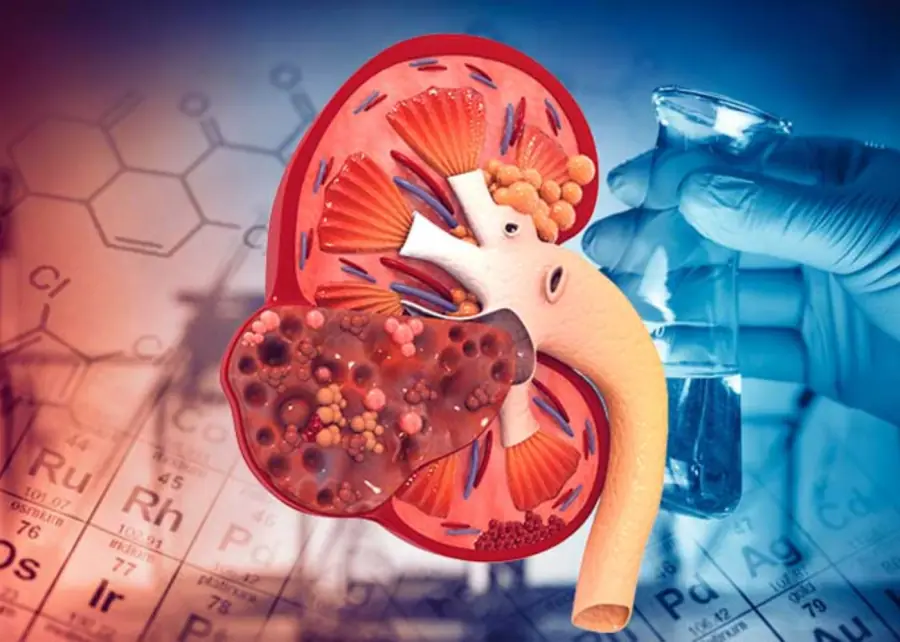
From a 22-Year-Old's End-Stage Kid.ney Failure: A Wake-Up Call from Your Body’s Warning Signs

10 Juicing Mistakes to Avoid at Home: Boost Your Health the Right Way

Why do hotels usually let guests check in at 2pm and check out at 12pm?
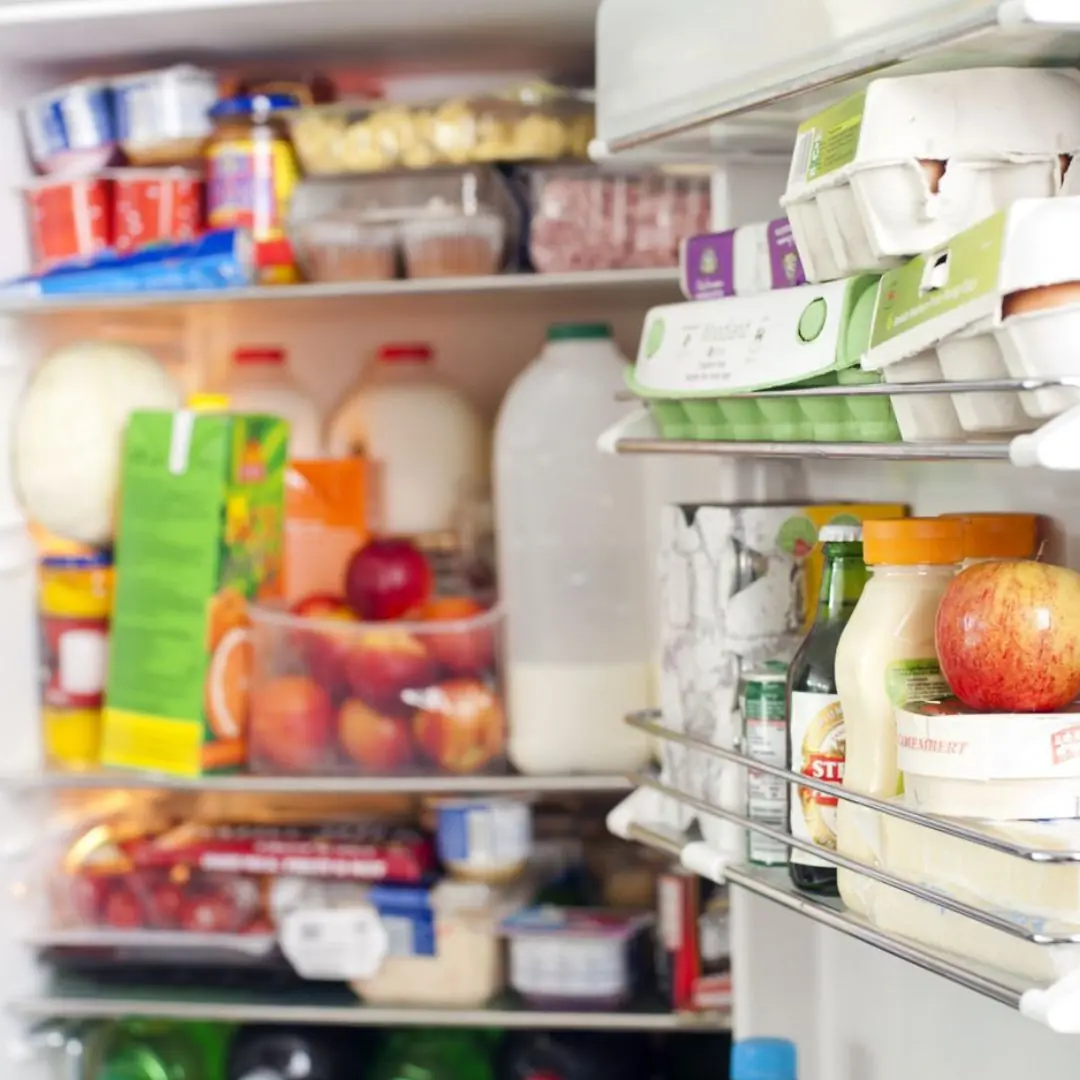
No Fridge? No Problem! 14 Foods That Stay Fresh Without It

Drinking Perilla Leaf and Ginger Tea Is Better Than Any Tonic

Drinking Plain Water Is Healthier Than Eating These 3 Foods in Summer
